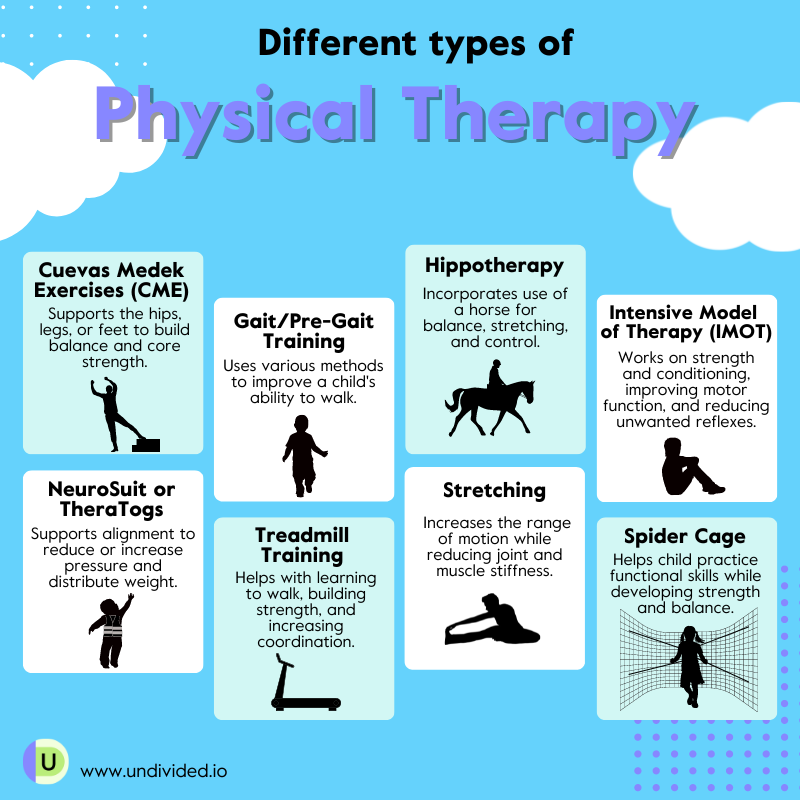Utilizing the Power of Proteins for Efficient Muscle Recovery After Injury
Wiki Article
Muscle damages can be quite common, especially in athletes or those who participate in regular physical exercise. When a muscular is injured, the system undergoes a healing process that often needs specific nutrients to aid in healing. One of the most crucial nutrients for muscular repair is protein. Protein plays a crucial role in repairing damaged tissue, restoring muscle fibers, and encouraging overall healing after an accident. Understanding the importance of protein can assist individuals create better choices for their nutrition during the healing procedure.
Protein is composed of tiny components called amino compounds, which are essential for multiple functions in the system. There are twenty different amino acids, and nine of these are regarded as necessary, meaning the system cannot produce them on its own. These necessary compounds must be obtained through dietary intake. Food high in protein, such as meat, seafood, eggs, dairy products, legumes, and pulses, provide the necessary foundations for muscle restoration. Consuming these protein-rich foods after an injury can improve the body's innate recovery procedure.

In addition to helping repair muscular tissues, protein supports the defense system and reduces inflammation. After an injury, the body works hard to heal itself, which can result to swelling in the affected region. Protein helps to regulate official source this swelling, allowing for a more efficient recovery. Moreover, adequate protein consumption can prevent muscle deterioration that often occurs during periods of inactivity or limited mobility after an injury. Maintaining muscle tissue is crucial for recovering power and capability once recovery starts.
Schedule and amount of proteins intake are also important elements in muscular healing. Professionals recommend eating protein in consistent periods throughout the 24 hours, particularly during a few timeframes after an incident. This schedule ensures that the system has a continuous source of amino acids available for restoration. The general guideline for proteins intake varies, but many recommend that individuals recovering from an injury should target for about 1.6 to 2.2 grams of proteins per kilo of body weight per 24 hours. Incorporating a variety of proteins types can also guarantee that individuals receive a full range of amino acids for optimal healing.
In summary, proteins is a crucial nutrient for anyone healing from a muscle damage. By grasping its role in muscle repair, individuals can create knowledgeable dietary choices that assist their recovery process. Consuming a balanced nutrition full in premium proteins, over here timing meals intelligently, and ensuring sufficient consumption can significantly affect healing outcomes. With appropriate nutrition and care, individuals can come back to their regular routines stronger and even more resilient.